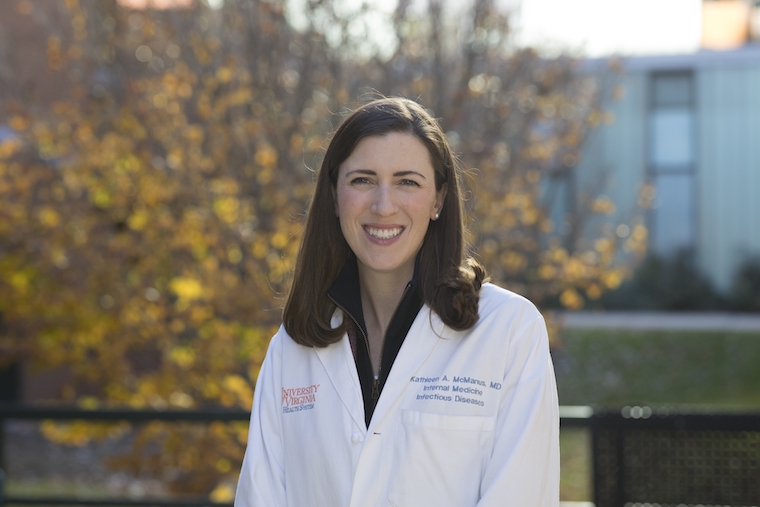Approximately 3/4 of rural Americans would have to travel an hour or more to participate in clinical trials testing new treatments for COVID-19, according to new findings from our Kathleen A. McManus, MD, and her collaborators.
Native Americans and Alaska Natives are particularly affected, with more than half living more than an hour from a trial site, the researchers found.
It makes sense when you think about it: America is a big country, and trials tend to take place in or near urban areas. But that means that many parts of the country hit hardest in the latest wave of the pandemic lack convenient access to trials testing new treatments.
But it's not just about physical proximity. Both Black and Hispanic people fare better in terms of driving time -- less than 20 percent of both groups faces more than an hour drive -- yet they remain significantly underrepresented in clinical trials.
“Geographic accessibility alone may not improve the representation of people of different race/ethnicity groups,” said McManus, of our Division of Infectious Diseases and International Health. “Additional structural interventions need to be considered.”
